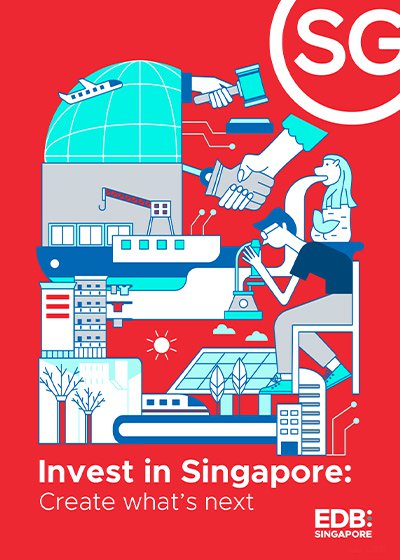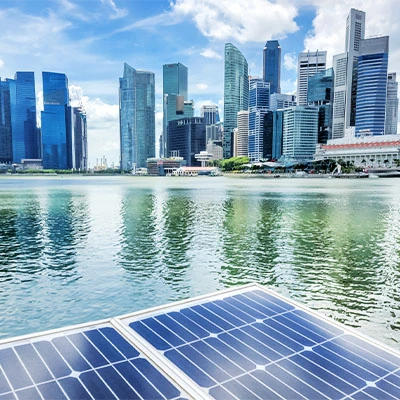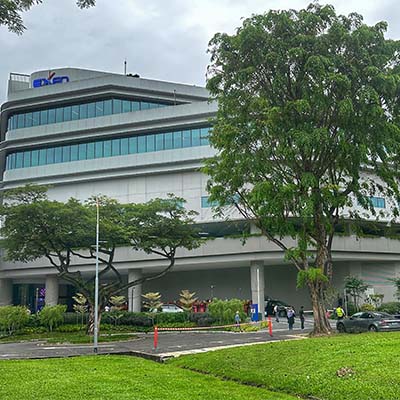Potential customers are usually reassured when they learn that textile manufacturer Ramatex’s headquarters are in Singapore.
The city-state’s long-standing reputation for having a stable and neutral government and economy helps to put minds at ease, especially in the wake of recent geopolitical tensions.
“When it comes to risk assessment, (our customers) will want to know more about competitors whose headquarters are located anywhere else. They are not worried at all because we are in Singapore,” said a Ramatex spokesperson.
This “Singapore brand”, along with the Republic’s competitive tax regime, ease of financing, and proximity to its regional neighbours, is the reason why Ramatex has remained here throughout its 46 years in operation, even as some of the garment producer’s customers have asked if it could shift closer to the markets in Europe and North America.
“But it’s simply too far for us to set up operations there, for manufacturing especially,” said the spokesperson. Currently, Ramatex has offices in various Asean (Association of South-east Asian Nations) countries including Malaysia, Cambodia, Thailand and Vietnam.
A good place to do business
Companies like Ramatex are not alone in banking on Singapore as its base. Many others are counting on Singapore’s pro-business environment to grow their companies and tap opportunities in the fast-expanding South-east Asian market.
Among other things, Singapore boasts a wide network of trade agreements, an attractive tax system, sound intellectual property laws and efficient infrastructure, making it an attractive location for companies to establish their base.
Additionally, the city-state also has friendly diplomatic business ties with China and the United States, making it “the most desirable destination for companies to set up their regional headquarters, treasury and trading hubs or innovation centres,” said Gregory Seow, Maybank’s head of global banking in Singapore.
“We have clients looking to set up in Singapore or expand within South-east Asia by taking advantage of Singapore’s global connectivity and infrastructure, the country’s political stability, pro-business policies and skilled talent pool,” added Seow, who also heads the bank’s financial institutions group.
Weitze Ooi, managing director of Dole Specialty Ingredients (DSI), said Singapore’s position as a leading tech innovation hub made it the “perfect jumping board” for the company to develop its business model in the circular economy, with the ambition of scaling it overseas.
DSI – an offshoot venture of fruit producer Dole Sunshine Company with Singapore’s Economic Development Board (EDB) – sources and transforms fruit side streams and unutilised fruit parts and transforms them into high-value natural products such as enzymes, extracts, seed oils and fibres.










